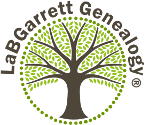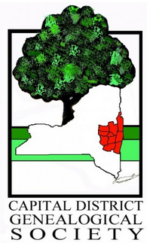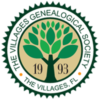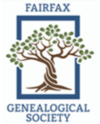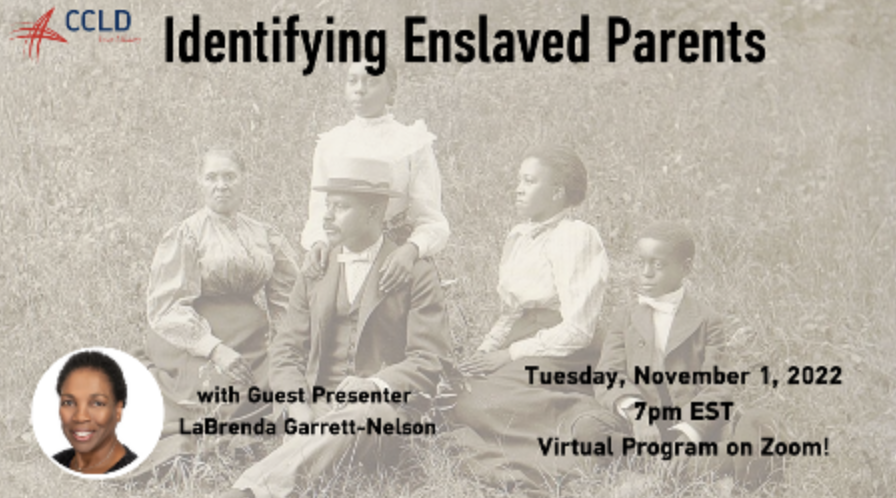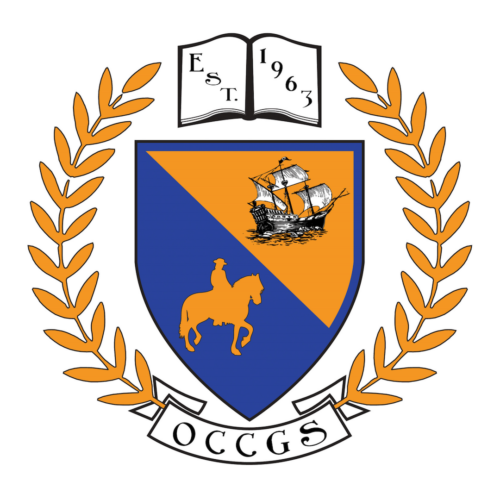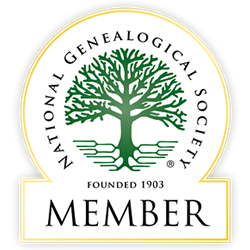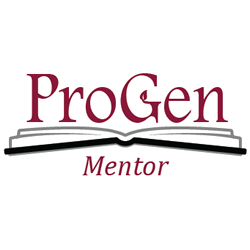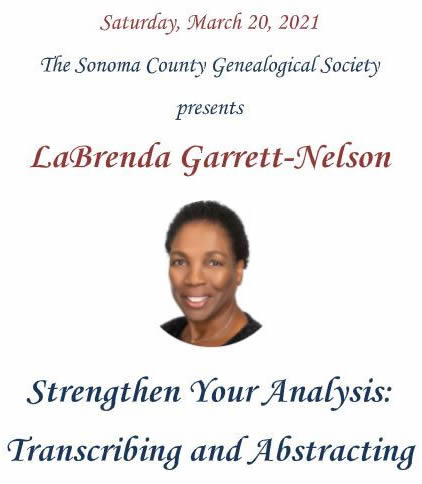
Strengthen Your Analysis: Transcribing and Abstracting
Genealogical proof requires the conduct of reasonably exhaustive research, preferably using original records. The emphasis on original resources means that the interpretation of original records is an essential skill for genealogists. Using a variety of pre-20th century American documents, this lecture provides useful tips on the creation of a transcription–the first step in analyzing a handwritten document–and an abstract.
